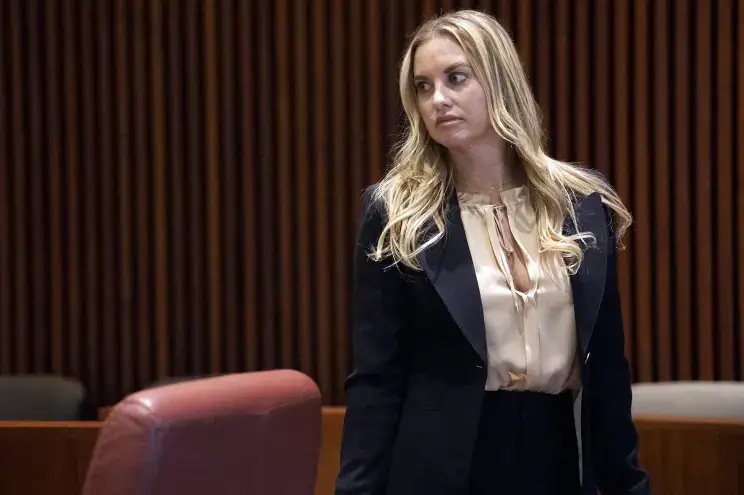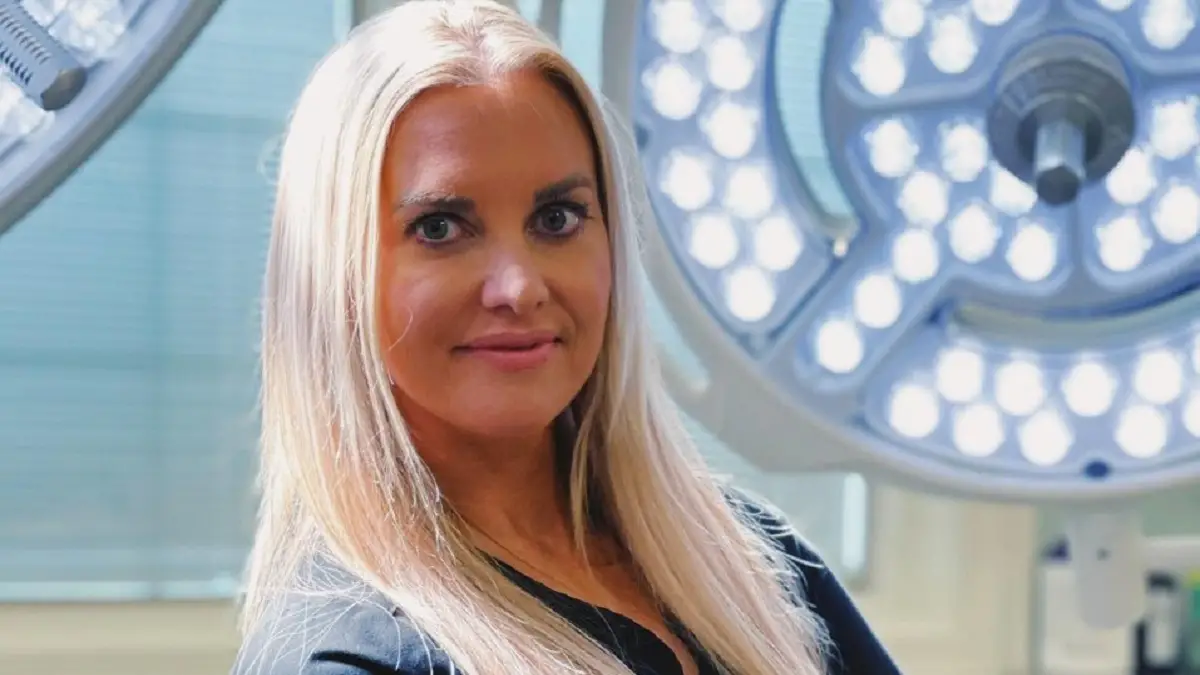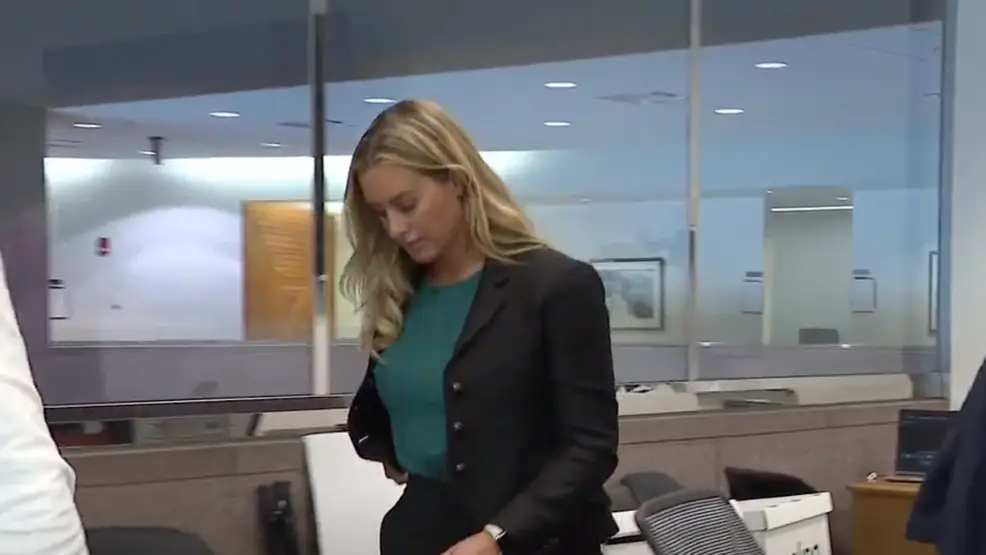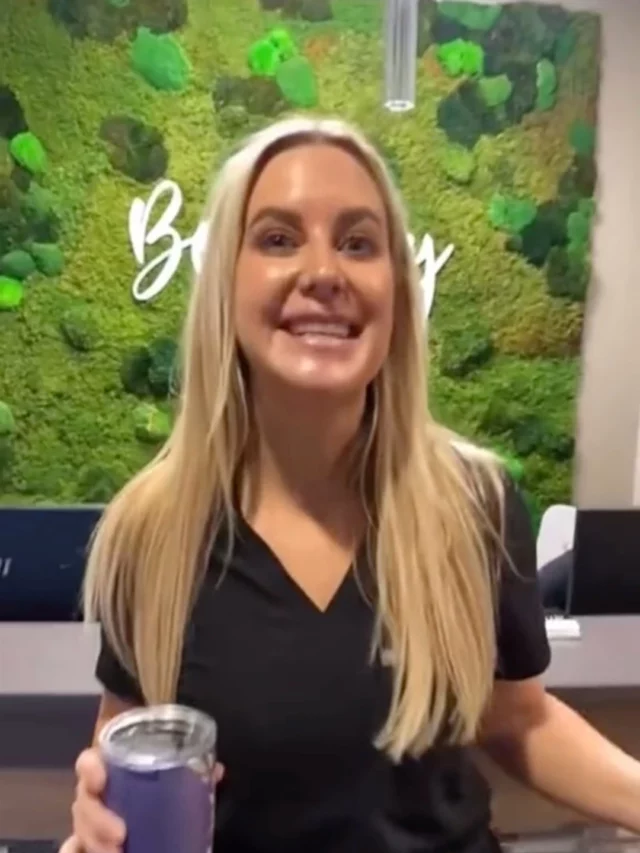In a recent development, Dr. Katharine Roxanne Grawe, popularly known as “Dr. Roxy” on TikTok, has faced severe consequences for her actions on the social media platform. Grawe, a plastic surgeon, was accused of compromising patient care by live-streaming surgical procedures and engaging with viewers while operating.
As a result, the State Medical Board of Ohio has made the decision to permanently revoke her medical license. This move comes after Grawe’s license was initially suspended on November 18, following allegations of professional misconduct.

During the Ohio medical board’s deliberations, an attorney representing the state highlighted the trust patients placed in Dr. Roxy due to her social media presence. The attorney argued that Grawe’s actions trivialized major surgeries with potentially life-altering complications, presenting them as a lighthearted affair. The board’s decision to permanently revoke her license reflects the seriousness of the situation and the potential harm caused by Grawe’s actions.
Grawe, who had the opportunity to address the board prior to the vote, pleaded for a fair consideration of the accusations against her. She acknowledged the impact her social media content had on her patients and colleagues and recognized that her videos may have seemed unprofessional. Grawe expressed remorse and a newfound understanding of the medical board’s expectations.
Jonathan B. Feibel, the vice president of the medical board, criticized Grawe for her recklessness and disregard for professional rules and regulations. Prior to her license suspension, the board’s secretary had cautioned Dr. Roxy multiple times about the importance of patient privacy when sharing content on social media. In September 2021, Grawe was specifically advised to undergo remedial education courses related to plastic surgery complications, professionalism, and ethics. The board requested certificates of completion and summaries detailing how she would apply her learnings to her future practice.

Despite these warnings, Grawe continued to livestream medical procedures after completing the remedial education courses. Feibel condemned her dismissive attitude towards complaints, characterizing them as the grievances of disgruntled former patients. The board firmly asserted that prioritizing her social media persona over patient safety was unacceptable. Consequently, her medical license was suspended on the grounds that her continued practice posed a serious and immediate threat to the public.
The Ohio medical board cited several instances where patients reported complications after undergoing surgery at Grawe’s practice, Roxy Plastic Surgery. In one case, a patient who had received liposuction, a Brazilian butt lift, and a skin-tightening procedure experienced complications shortly after the surgery.
The patient was subsequently sent to the emergency room and diagnosed with hepatic encephalopathy, a condition caused by a damaged liver’s inability to remove toxins. Further examination revealed a perforated bowel and a severe bacterial infection, necessitating additional surgeries and a prolonged hospital stay.
The board highlighted that at least one of these procedures had been live-streamed on social media, with Grawe actively engaging with the camera while performing liposuction. The consequences for the patient were severe, resulting in long-term complications. Members of the medical board, including Dr. Yeshwant P. Reddy, argued that such disregard for patient safety and well-being precluded Grawe from practicing medicine again.

Dr. Roxy’s case serves as a stark reminder of the ethical responsibilities that professionals, particularly those in the medical field, must uphold. Social media can be a powerful tool for communication and education, but it must be used responsibly and in a manner that respects patient privacy and safety. The revocation of Grawe’s medical license sends a clear message about the importance of maintaining professional standards, both online and offline.
As the dust settles on this controversy, it is crucial for healthcare professionals and influencers alike to reflect on the lessons learned from Dr. Roxy’s case. The boundaries between personal and professional lives on social media must be carefully navigated, with an understanding of the potential consequences that may arise from unprofessional behavior.
By upholding ethical guidelines and maintaining patient well-being as a top priority, healthcare professionals can ensure that the trust placed in them remains intact.
More entertainment news:


